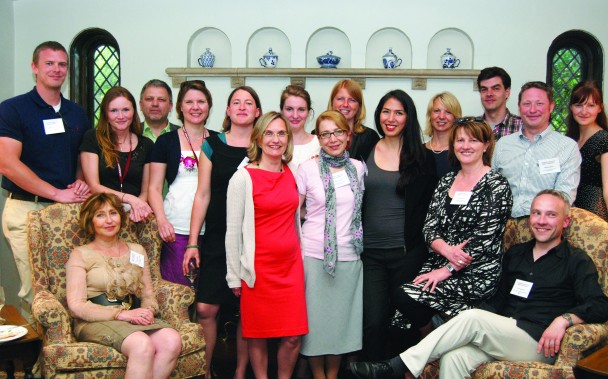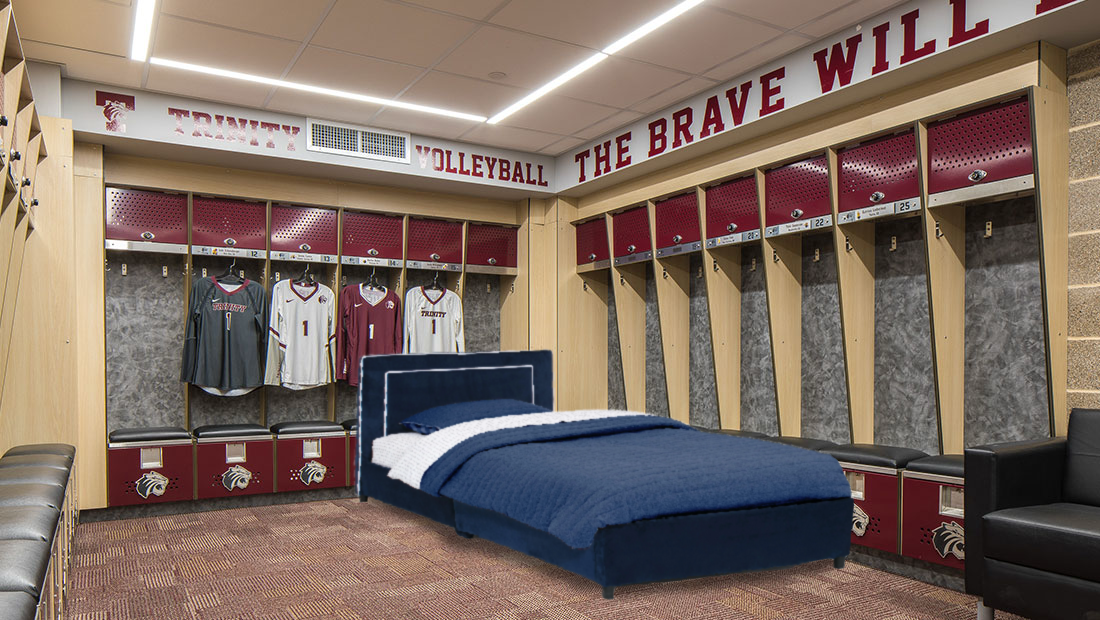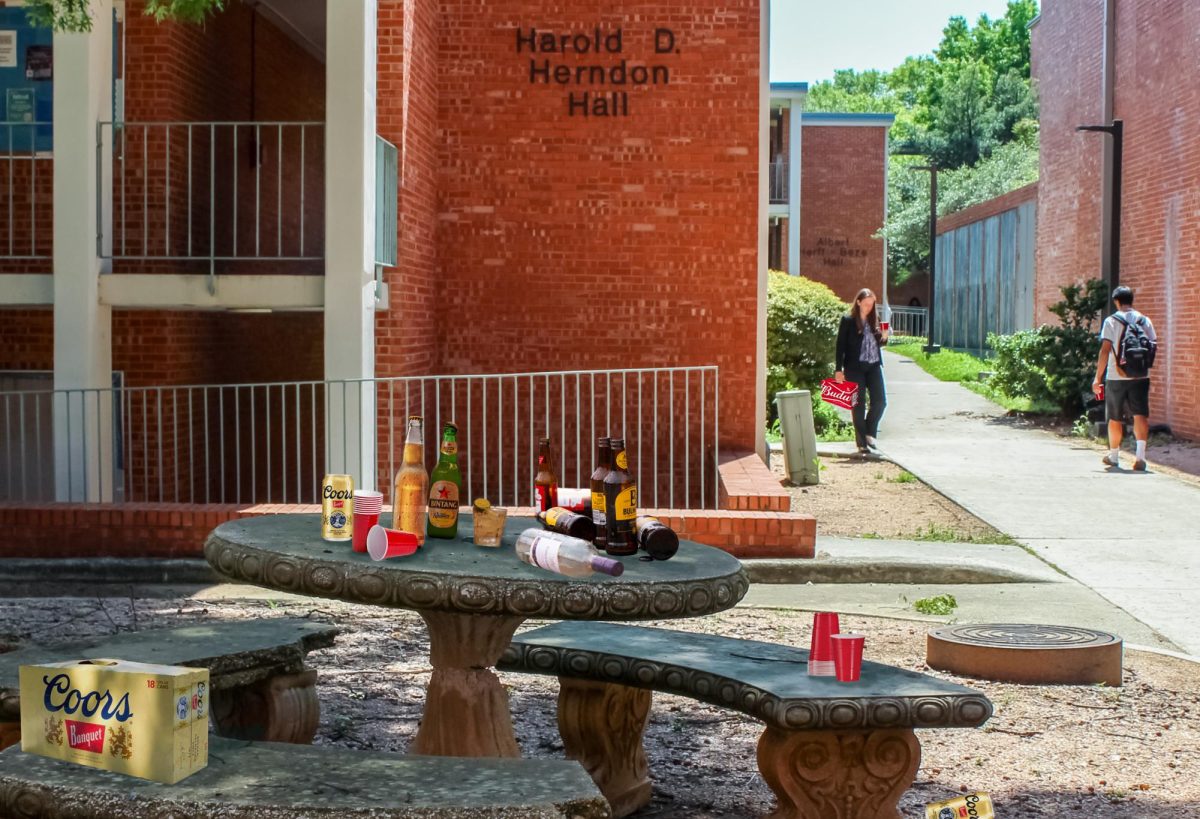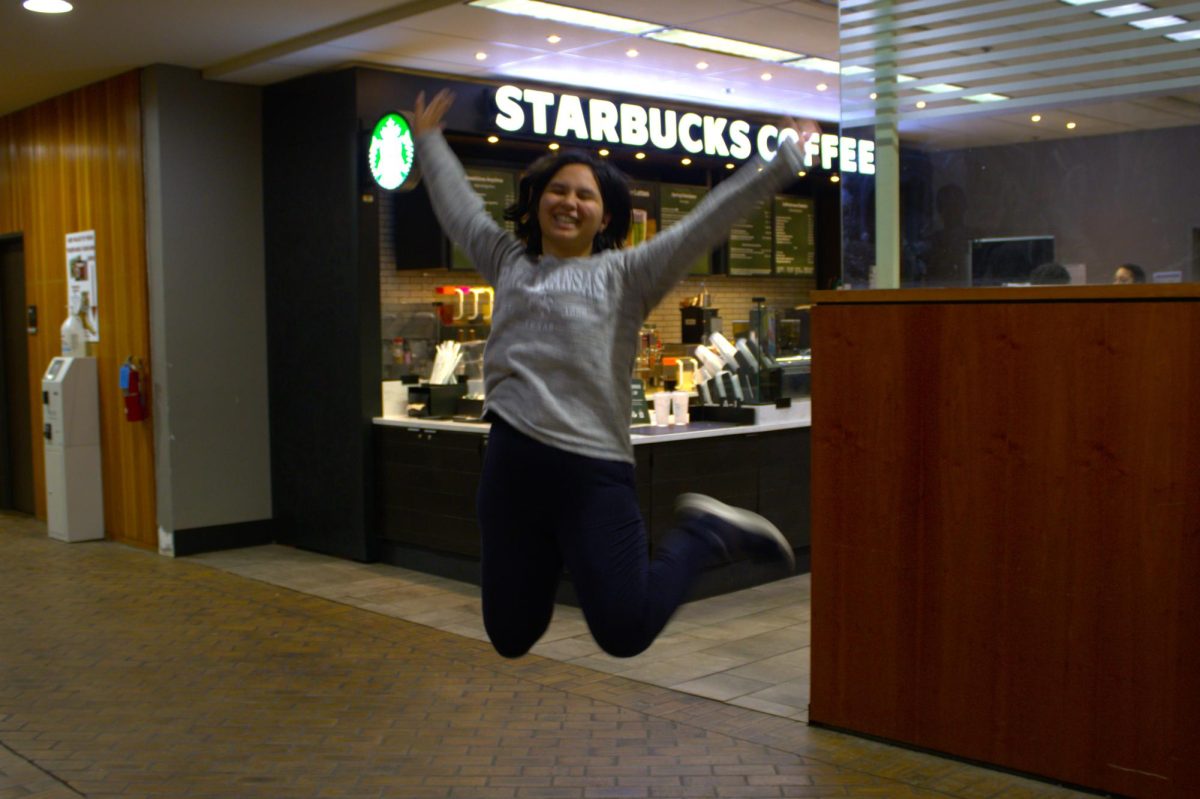
From April 7 to April 21, 16 German teachers visited San Antonio as part of a Fulbright 2012 program hosted by Trinity University.
The theme of Trinity’s Fulbright program was “Diversity in U.S. Education.” As explained by Peter O’Brien, professor of political science and Fulbright program coordinator, San Antonio is a prime spot for looking at diversity in education.
“There’s no better place to do this than San Antonio. It’s got a very long history of diversity. It’s a unique city in the sense that a “˜minority,’ Latinos, actually makes up a majority of the population in San Antonio. That makes it a very unique city,” O’Brien said.
The program is maintained by a team of Trinity faculty and staff who make travel and lodging arrangements for the teachers as well and develop a schedule of seminars and school visits that allow the teachers to get a feel for the learning environment around San Antonio.
After arriving in San Antonio, the teachers began a busy schedule of visiting schools throughout the city as well as making a visit to Austin. They visited 11 schools in the 14 days that they spent in San Antonio.
Noah Tauche, a music and English teacher from Germany, recalled the warm welcome from students and faculty at each of the schools. Tauche was impressed that the students led tours of their schools, and he also found the genuine interest in learning about German education and culture expressed by the students refreshing.
Angela Breidenstein, associate professor of education and Fulbright program coordinator, explained that a mix of public and private schools were chosen, but the program favored public schools for a number of reasons.
All 16 of the visiting teachers teach at public schools in Germany. Because of their association with public schools, the group often discussed the difference between German and American public school funding. The funding for German schools is primarily federal while American public school funding is determined based on property tax and a variety of other factors.
Because of their equal funding, the quality of German schools remains consistent, and thus the overwhelming majority of German students attend public school.
“People take advantage of [private schools] relatively less often. Because the schools are fairly even in quality, and they’re equally funded, people would probably not look to private school education. Most kids would attend a public school,” Breidenstein said.
However, the difference in funding was only a small part of the program. Program organizers worked hard to provide schools that deal with many different types of diversity.
“We look at diversity in a real broad lens. Diversity in racial, ethnic and cultural ““ that’s where we talk about multiculturalism, and that’s where immigration comes in,” Breidenstein said. “We also looked at diversity in terms of economic diversity and what that brings. Learning diversity ““ that kids learn in different ways and they have different needs ““ and so we looked at that as diversity.”
Among the schools the teachers visited was the Toltech Academy at Memorial High School in the Edgewood Independent School District.
Quasdorf recalled that a large portion of the academy’s students expressed some sort of socio-economic need, a situation that can spell doom for some U.S. schools. However, Quasdorf was impressed by the dedication of the academy’s director, Eddie Rodriguez, and the effect that his dedication had on the students.
Quasdorf was also interested in the availability of technology to U.S. students, an interest that struck many of the teachers, according to Breidenstein.
“They were really impressed with technology and access to technology resources that students in the U.S. have,” Breidenstein said.
In addition to looking at schools that focus on overcoming socio-economic diversity, the program also visited Sunshine Cottage, a school that faces a different kind of diversity.
Sunshine Cottage is a school for deaf children, but, as Breidenstein explained, the students have varying degrees of hearing loss. This allows the school to function on an inclusion model meaning students with certain diversifying factors, be it learning impairments or differences in socio-economic or ethnic backgrounds, learn alongside students with different diversifying factors.
Sunshine Cottage stood out to Julia Kuntze, a special needs teacher from Germany. Kuntze teaches at a school built for special-needs students and was impressed by the functionality of the Sunshine Cottage.
“It was amazing. They do a very good job,” Kuntze said.
Interactions such as the one Kuntze experienced with Sunshine Cottage are a mark of the program’s success.
O’Brien explained that what makes the Fulbright Program especially exciting lies in the fact that the effects of visiting schools like the Toltech Academy and Sunshine cottage will be felt in actual German classrooms.
“It’s nice because the impact will not just show up in some journal article, but it will actually show up in schools and classrooms in Germany,” O’Brien said.
Breidenstein believes that the program’s success can be seen in the way it alters thinking patterns.
“I think that one way that people like to think about success is like in tangible measures, but I think that what this program does is cause changes in thinking, and that’s a little harder to measure,” Breidenstein said.
This spring’s program was Trinity’s second time hosting the visiting German teachers. Breidenstein believes the program gained a lot of important information in its first year and was able to positively reconfigure some of this year’s program.
“I think we tried the kitchen sink approach which was to do a lot with them with a lot of people because we didn’t know if they were K-12 teachers, if they taught art, music, and other things. We learned that most people are generally secondary teachers, and so then we started shifting things to look a little more like a secondary program, or we learned that we were over-scheduling too much last year. This year we took a little bit of a “˜less is more’ approach,” Breidenstein said.
As Breidenstein works to update the program now, O’Brien was instrumental in the program’s foundation. He recalls speaking with Reiner Rohr, deputy of the German Fulbright Commission, about starting a program that would allow German teachers to gain experience with diversity.
“He told me that he was interested in establishing a program in the United States for German teacher who are facing this issue of diversity in their schools, and they would come to the United States, and they would learn in a very intense two week seminar how America is dealing with questions of diversity,” O’Brien said.
Reiner launched a nationwide search in 2010 that culminated with two finalists: Pennsylvania State University and Trinity.
Reiner and the Fulbright Commission ended up choosing Trinity, which O’Brien recalls, hinged on a number of things.
Primarily, the Fulbright Commission liked that Trinity is a smaller school and that it consulted faculty and staff outside of the education department when creating its program proposal.
Each year, the program has brought 16 teachers to Trinity’s campus and the San Antonio community. Breidenstein hopes Trinity will be able to host the program next year, but she noted that the Fulbright Commission likes to move across the nation.
“They tend to stay in one place for a couple of years. It gives them a chance to sort of work on a program and make some improvements, but they like to move across the United States, I think, so we’re not sure,” Breidenstein said. “But it would only be because they’re moving, not because we did a bad job.”







